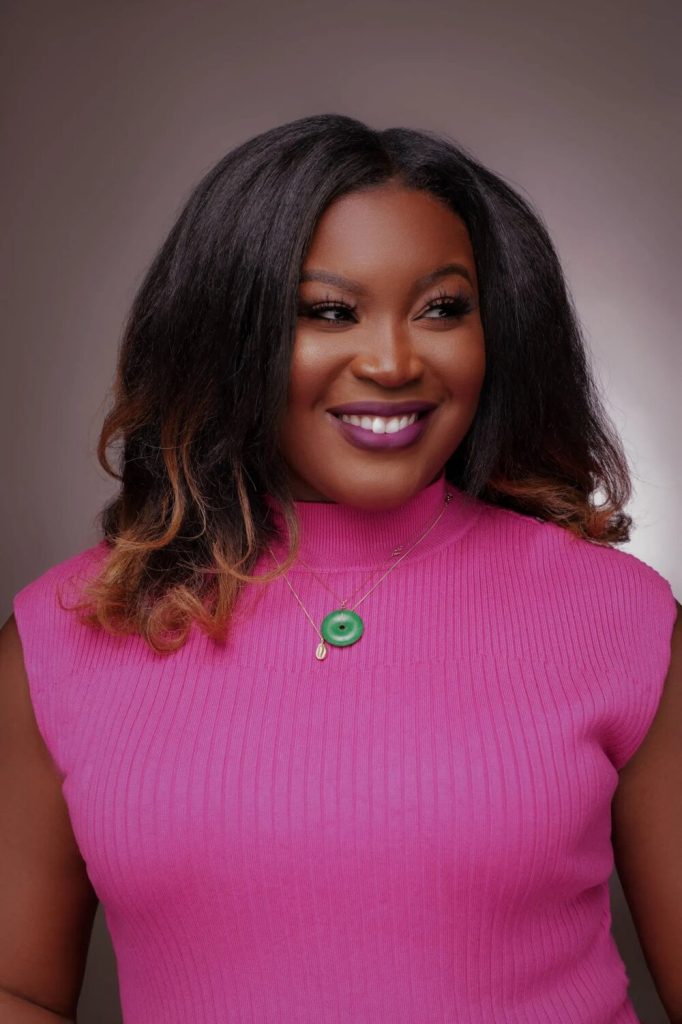A new report dispels medical assumptions that Black women are afraid to participate in clinical trials. Instead, they aren’t being asked.
“Black people in clinical trials.” That’s not a phrase you hear very often. In fact, the media has often said Black folks are afraid to participate in clinical trials because of historical medical mistreatment.
But a new survey by health communications company GCI Health of 500 Black women in 38 states says something different.
It’s not that Black women are unwilling to participate in clinical trials; it’s that no one ever asks.
Kianta Key, group senior vice president and author of the GCI health report, tells Word In Black that researching this started with a conversation she had with her mother. Key asked if she had ever participated in a clinical trial — her mother said no one had ever asked. But, if anyone did, she would consider it.
“We’ve been making assumptions about Black women and allowing that to guide what we do. And it’s been wrong. The data shows that it’s not correct,” Key says.
Typically, physicians will ask a patient who lives with a chronic illness if they’d like to participate in clinical trials. Some physicians choose not to ask because they know their patient lives far from the trial site, Key says.
It also depends on who is asking. And there’s a generational difference.
Black women who are 39 or younger are more likely to be influenced to participate in a clinical trial if the messaging comes from a celebrity, media outlet, or someone they follow on social media. 40 to 60-year-olds tend to be influenced by a hair stylist, nail tech, media outlet, or family and friends.
A More Positive Perception
Of the Black women surveyed, the top three concerns are the fear of side effects, the trial site being too far, and the historical mistreatment of Black people. As a result, Black women — like everyone else — naturally want to make sure that participating in a clinical trial is safe. This highlights why it’s important that the safety of a clinical trial is properly explained.
“The current and historical mistreatment of Black people in medicine is linked to safety. ‘I felt unsafe because the doctor did this’,” Key says. “I think it’s all kind of linked to … Are you here to help, or are you here to harm?”
Black women are overburdened with diseases and chronic illnesses. Keys says the healthcare system needs to make more effort to reach Black women and not lean on assumptions.
One surprising result of the survey, Key says, is the fact that 80% of Black women are open to participating in a clinical trial. With new medications rolling out for diseases that disproportionately impact Black women, like diabetes, heart disease, and high cholesterol, it’s important that Black women are in the room to test the efficacy of these drugs.
“That 80% of (Black women) being willing to be a part of a clinical trial will change medicine for the better,” Key says.
Reprinted from Word In Black




